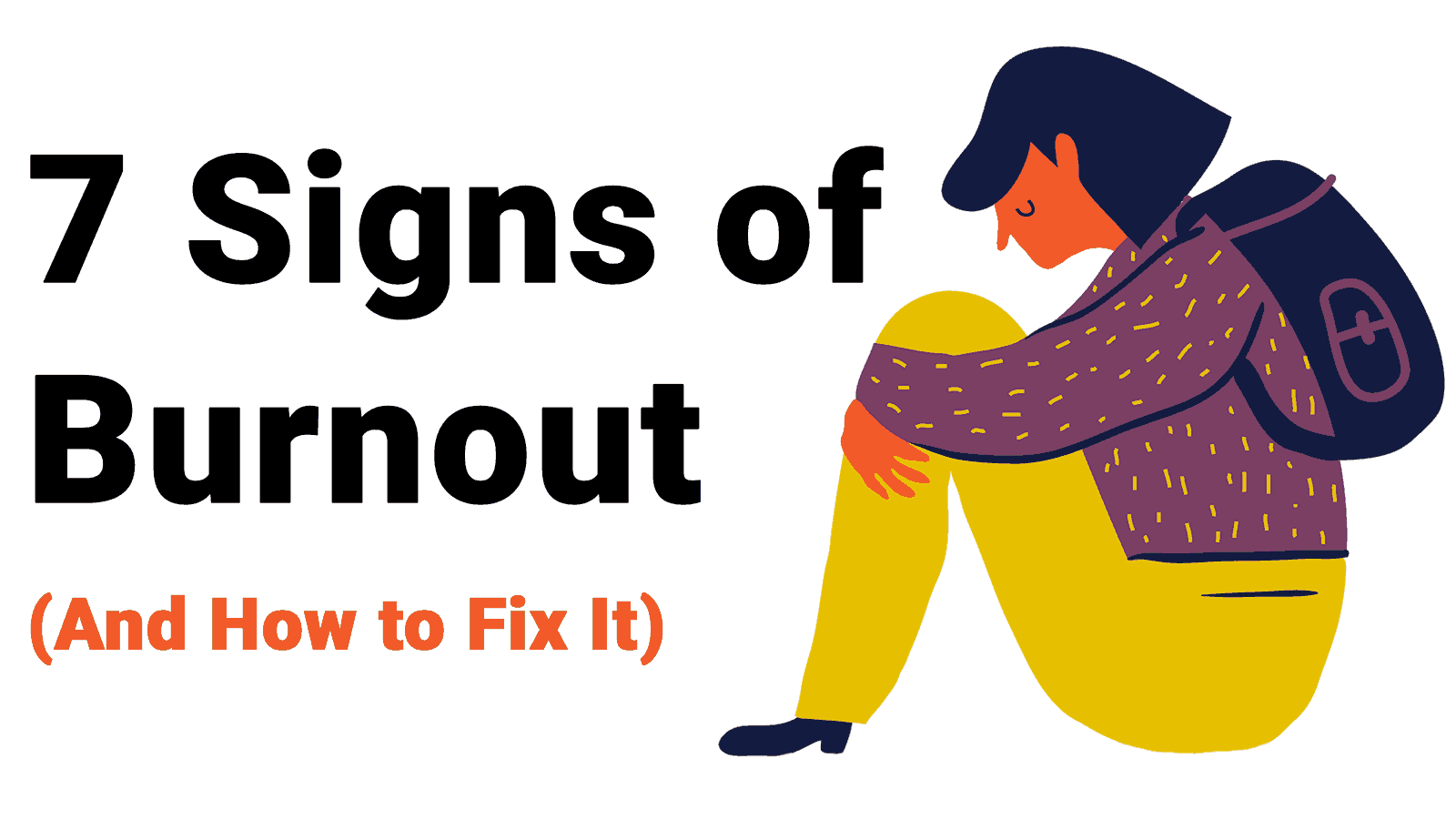Many of us underestimate, or are ignorant of, the power of intuition. Western Society has taken Descartes’s declaration, “I think, therefore I am,” to a whole other level. We tend to prioritize slow, logical thought and all but dismiss our intuitive gifts.
But intuition is very real – and essential to one’s quality of life. But before we get into all of that, let’s first define what intuition is:
- The inherent tendency to exhibit certain intuitive behaviors over others (e.g., survival instinct, self-discipline, routine.)
- That “gut feeling” that many of us talk about.
- The primary means of knowing or understanding that exists beyond logical thought and analysis.
- The “gap” existing between our conscious, thinking mind and our subconscious mind.
7 Things Intuitives Do Differently
“Don’t try to comprehend with your mind. Your minds are very limited. Use your intuition.” – Madeleine L’Engle (source)
First off, it is important to emphasize that point that everyone possesses intuition. The differences between one who is highly intuitive and everyone else is that they take the time to tune in to their “inner GPS.”
Second, let us consider the benefits of being intuitive.
- It expands creativity: To quote Einstein, “Creativity is intelligence having fun.” We’re at our most creative when we allow thoughts to flow freely.
- It welcomes self-actualization: Your personality is rooted in the subconscious. You can’t possibly “know thyself” without stilling yourself and listening to your inner voice. Self-actualization (or self-realization) also applies to our spiritual nature.
- It brings better health: Using your instinct saves massive amounts of energy, energy that would normally be allocated to the thinking mind. The result is less stress, more relaxation, and better health.
- It improves decision-making: Numerous studies, such as those undertaken at the Max Planck Institute, conclude that intuition is a better marker of good decision-making than effortful thought.
Now that we’ve discussed the benefits of intuition, let’s discuss 7 things that intuitives do differently (and so can you)!
“The intuitive mind is a sacred gift, and the rational mind is a faithful servant. We have created a society that honors the servant and has forgotten the gift.” – Albert Einstein
1. Intuitives practice mindfulness and/or meditation.
Mindfulness practices, such as meditation, allow us to dissolve our thoughts and to rest our awareness. This mental rest empties the mind of non-consequential (read: distracting) thoughts and emotions. Mindfulness meditation is a favorite practice of these folks because it allows them to become more self-aware, thereby sharpening their already formidable instincts.
2. Intuitives listen into their inner voice.
Our inner voice is our intuition – and it’s always vying with other voices for our attention. The problem is that too many of us are not listening. Intuitives innately understand the importance of instinct – and pay attention accordingly.
3. Intuitives embrace solitude.
It’s pretty much impossible to develop a sharp, intuitive sense among the noise of daily life. The outside world – and society, in general – rewards busyness and “results” while neglecting silence and introspection. For those who want to develop intuition further, it is crucial to set aside alone time.
4. Intuitives are creative.
With a penchant for solitude and empathy, it’s no surprise that many intuitives have a knack for the creative. Moreover, the disproportionate number of intuitives in creative fields (e.g., artists, musicians, writers) demonstrates their ability to listen to their gut instincts. This is necessary in a world that emphasizes the “practical” over the magical.
5. Intuitives have “empathetic accuracy.”
The term “empath” applies to many, if not most, highly intuitive people. To see people hurting is difficult for these people, particularly when it seems that little or nothing can be done. Some people refer to the ability to “read” someone else’s emotional state as “empathetic accuracy.”
6. Intuitives prioritize rest.
While finely-tuned intuition can certainly be advantageous, it can also be tiring. Fatigue is a common problem for intuitives, particularly of the empathetic variety, many of whom take on the emotional state of others with relative ease. Intuitives are more likely than others to heed to their emotional state when it is necessary and advantageous to do so. You’ll rarely, if ever, witness an intuitive suffer from work-related burnout.
7. Intuitives are non-reactive.
The energy-conserving nature of intuitives comes into play once again. Besides being emotionally mature (i.e., having high emotional intelligence), intuitives practice mental self-restraint because it is within their nature to do so. That is, emotional restraint and a mature disposition are relatively effortless.














 Community
Community

